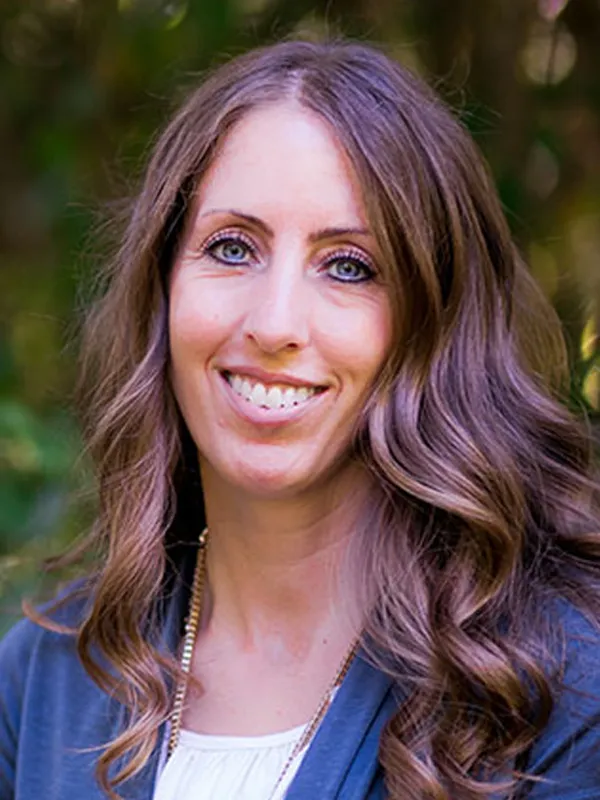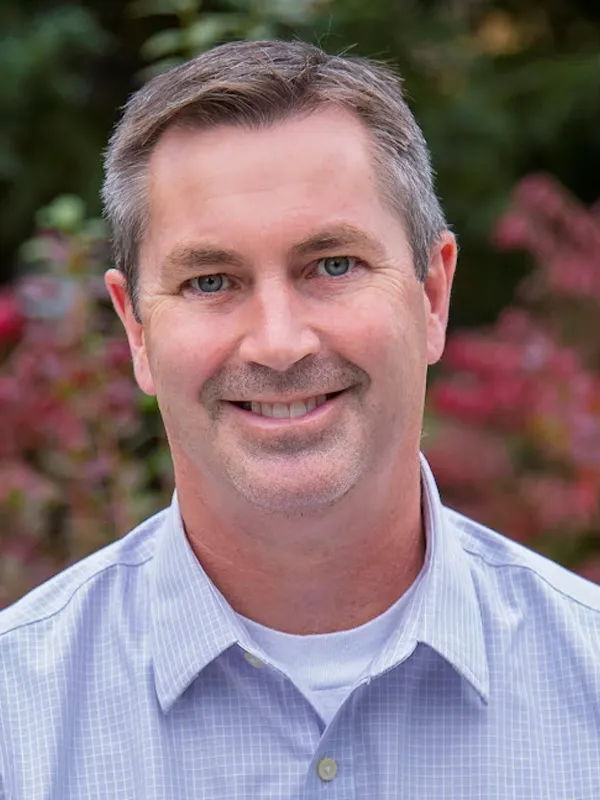
The Certified Registered Nurse Anesthetist workforce in the United States spans a wide range of experience levels. Today’s operating rooms include both new graduates eager to grow quickly and mid-career professionals seeking sustainability and leadership. Each group brings unique strengths and needs. To build stable anesthesia teams, healthcare employers must recognize and support the full career arc; from first-year practitioners to seasoned clinicians.
Failing to meet the needs of both groups leads to high turnover, staffing gaps, and increased reliance on locum coverage. But organizations that proactively invest in tailored benefits, growth paths, and culture for every generation of CRNAs create more loyal teams and deliver more consistent patient care.
What Early-Career CRNAs Are Looking For
New-to-practice CRNAs, typically within their first five years in the field, often prioritize skill development, structured support, and predictable schedules. They value access to a diverse case mix that allows them to apply their education in real-world settings. Mentorship programs are particularly important during this phase, giving them feedback, clinical guidance, and reassurance.
These clinicians also place a high value on mental health resources and work-life balance. Four-day work weeks, paid continuing education, and early exposure to autonomy in a supportive environment can have a lasting impact. They are building both confidence and professional identity, and thoughtful onboarding can shape their long-term career satisfaction.
What Mid-Career CRNAs Value Most
CRNAs with six to fifteen years or more of experience are often in a different stage of life and practice. They have developed clinical mastery and are looking for roles that offer meaning, stability, and opportunities to lead. Many are interested in subspecialty tracks, education roles, or participating in quality assurance initiatives. Flexibility becomes a top priority, especially for those managing family obligations or planning for long-term career sustainability.
These providers are often ready to step into leadership positions, including serving as lead CRNAs or directors of anesthesia. They seek input in clinical operations, influence in staffing models, and meaningful opportunities to mentor the next generation.
Why It Matters for Retention and Team Stability
Replacing a mid-career CRNA is expensive. Recruiting, onboarding, and using locum tenens to fill the gap can cost tens of thousands of dollars. Meanwhile, underinvesting in early-career providers risks losing talent just as it begins to take root.
Retention pays off when organizations recognize that different career stages require different types of support. New graduates benefit from strong mentorship and structured learning, while experienced CRNAs thrive when trusted with autonomy and included in decision-making. A culture that adapts to both ends of the experience spectrum can significantly reduce turnover and improve team morale.
Flexible Models Support Diverse Career Needs
Facilities in states like Washington, where opt-out regulations permit CRNA-only rooms, are well positioned to build teams that flex with experience levels. For example, new graduates may cover routine cases with light oversight, while more experienced CRNAs take on complex cases or serve as mentors. Anesthesiologists can focus on consultative roles and higher-acuity care. These hybrid models allow everyone to practice at the top of their license.
This approach creates an ecosystem where clinicians can grow without needing to change jobs. It also maximizes efficiency, lowers staffing costs, and improves OR throughput.
How Advanced Anesthesia Services Builds a Multi-Generational Team
At Advanced Anesthesia Services, we design our culture and infrastructure to meet CRNAs where they are in their careers.
When needed, we pair new graduates with senior CRNAs for a full year of structured feedback and specialty exposure. This helps early-career providers gain confidence while developing advanced clinical skills.
We offer flexible scheduling options including four-day workweeks for early-career CRNAs or weekend-light tracks for mid-career providers who want more balance without leaving the profession.
We also prioritize well-being. Our team benefits from mental health resources from our sister-company; Northwest Healing & Wellness.
A Workplace That Grows With You
The best anesthesia teams are built with intention. By understanding the needs of both early and mid-career CRNAs, and designing systems that support their growth, we are able to build a more stable and collaborative workplace.
If you are fresh out of school and looking for mentorship, or a seasoned professional ready to shape your next chapter, we would love to meet you. Advanced Anesthesia Services is growing across Washington and committed to being the kind of workplace that grows with you.

